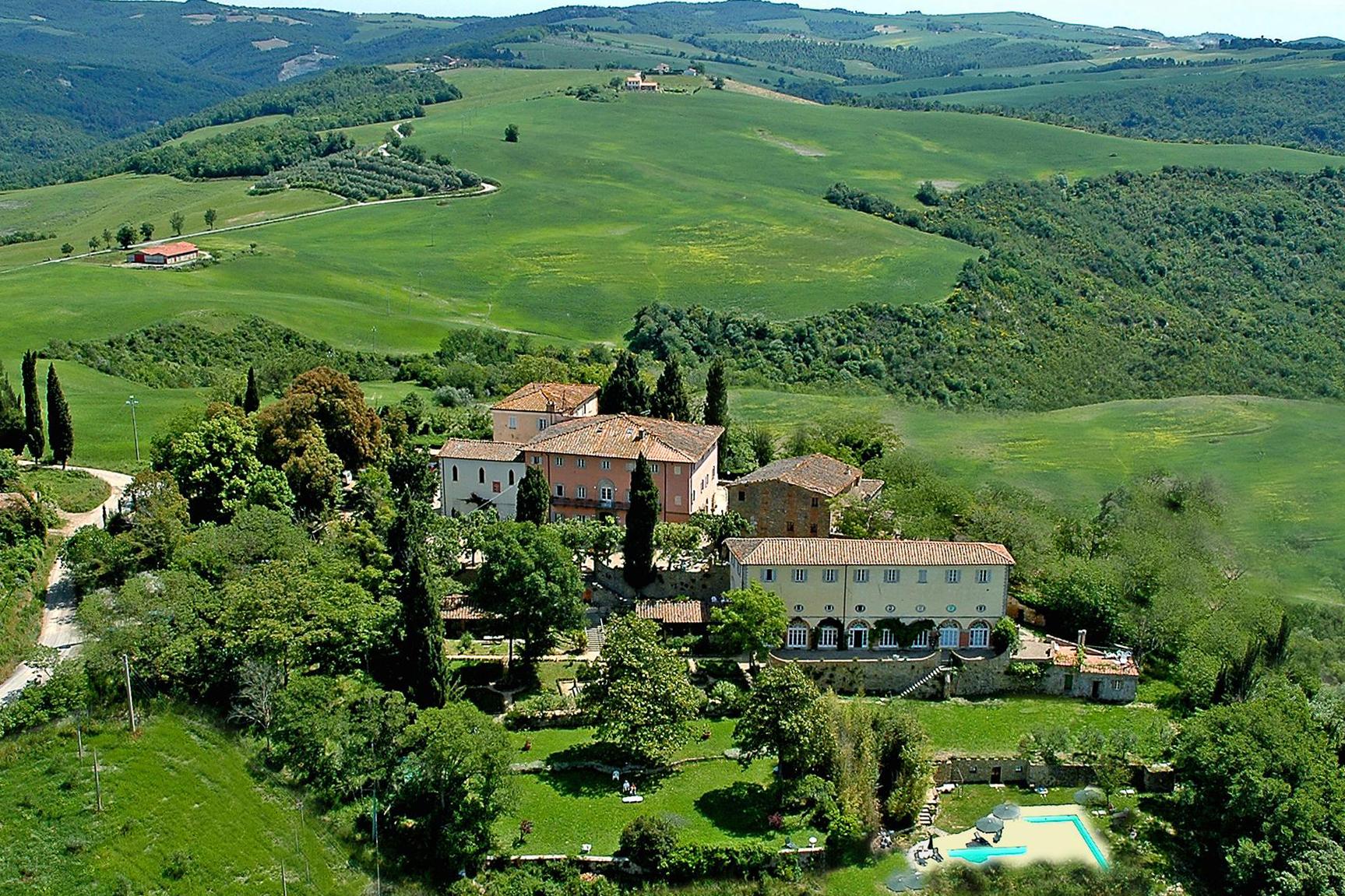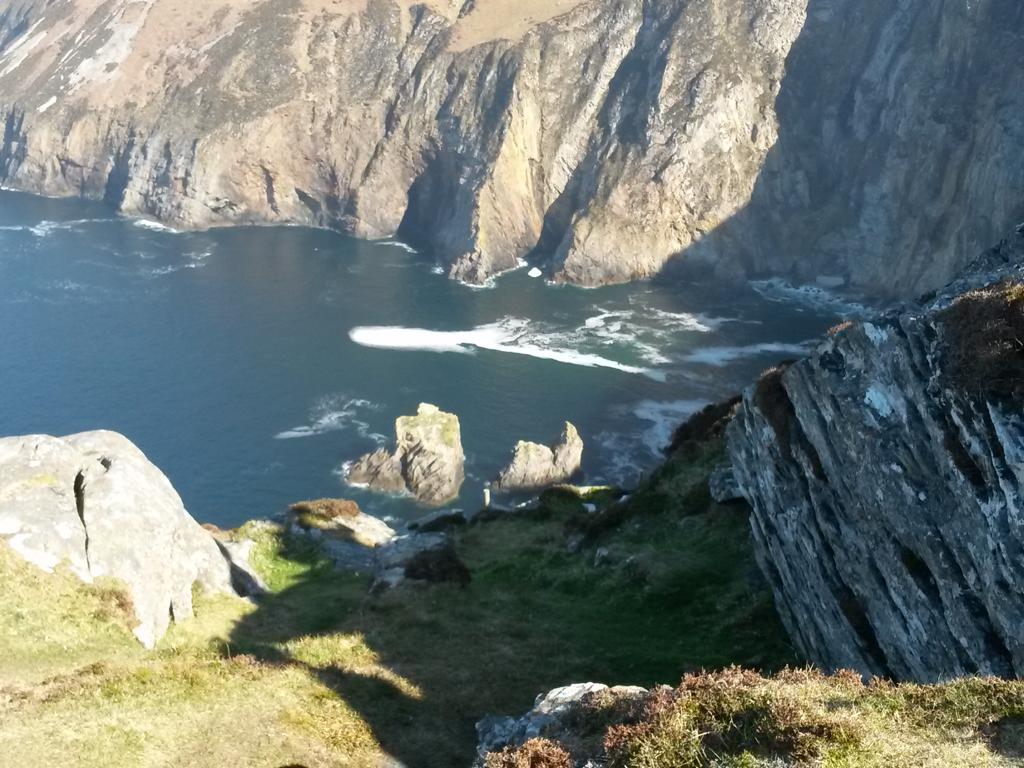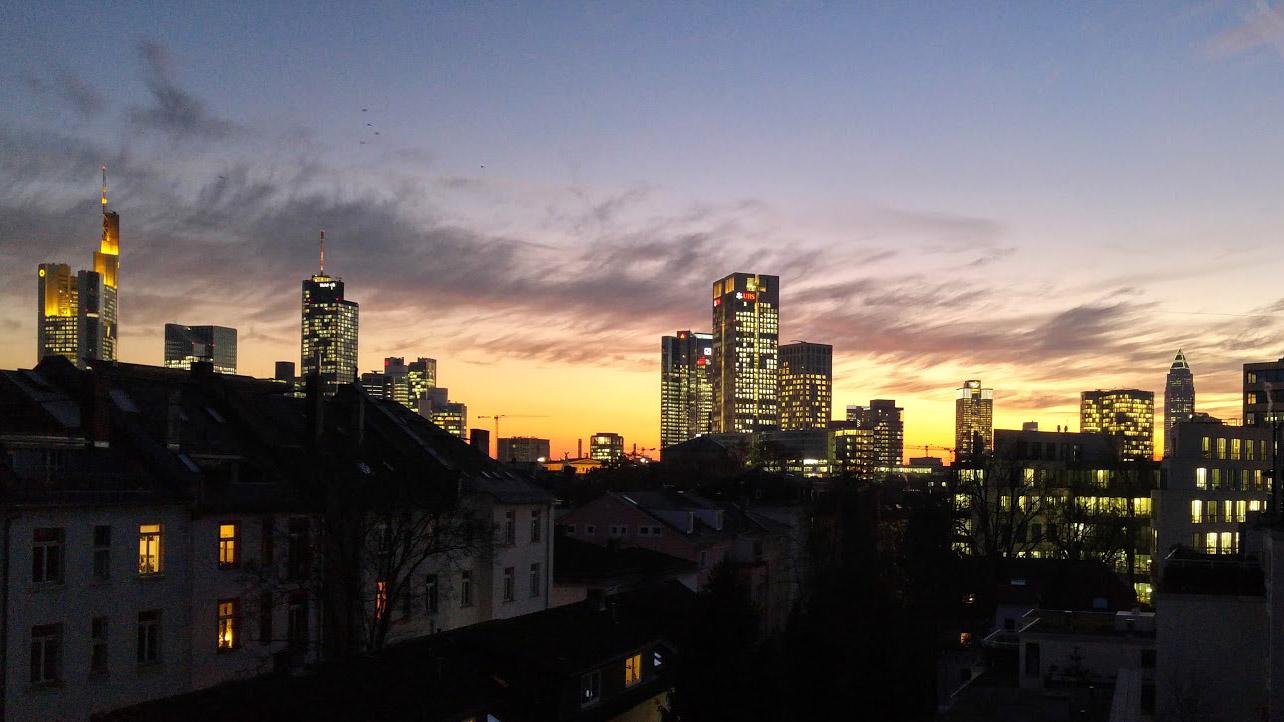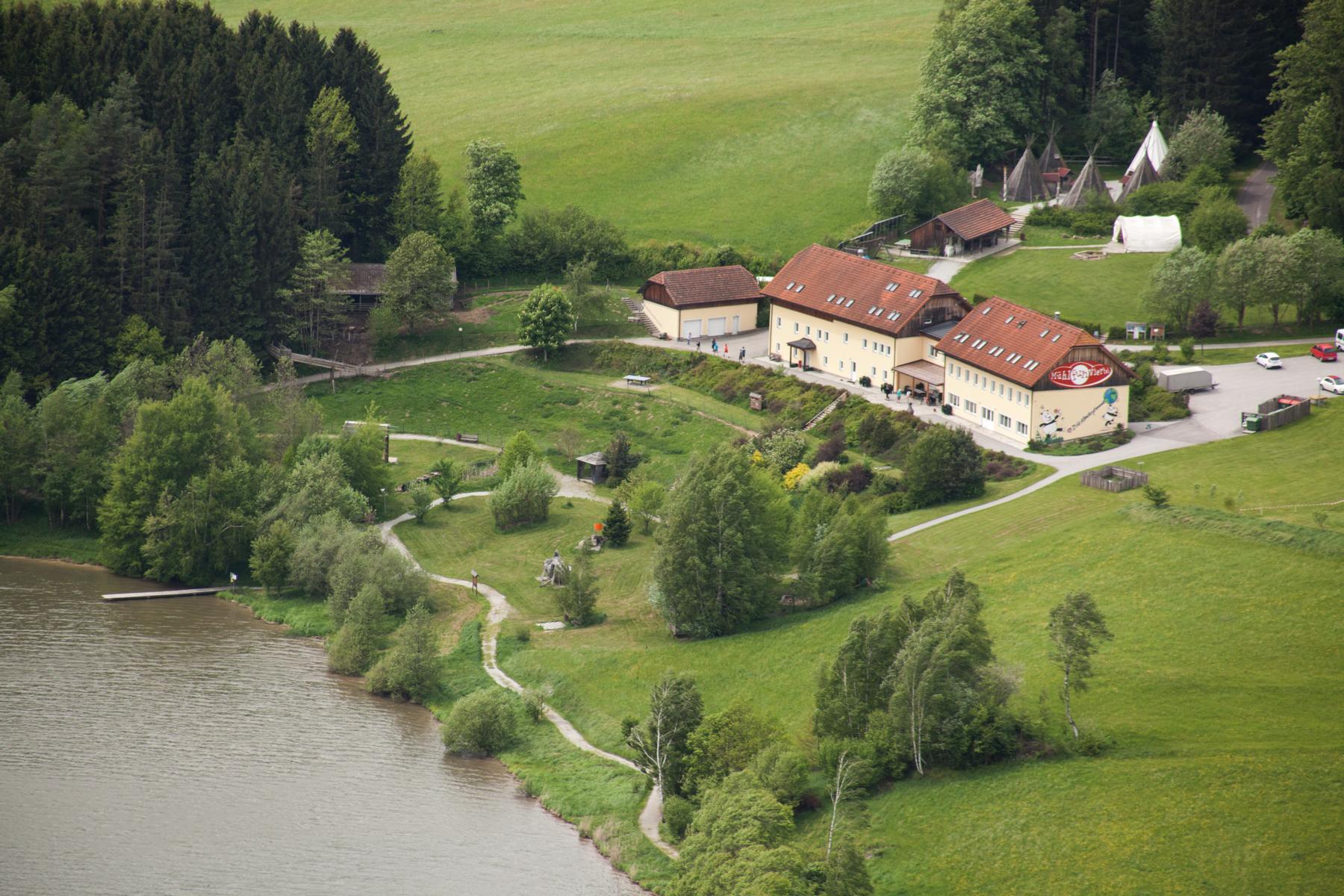EBZ – Die Europäischen Bildungs- und Begegnungszentren e.V.
Die EBZ wurden 1952 mit dem Andragogium in Ronco/s. Ascona als Europäische Ferien-Heimvolkshochschule gegründet. Von der interkulturellen Schweiz mit ihrer Mischung aus deutscher, französischer und italienischer Sprache und Kultur sollte in der Nachkriegszeit ein Signal zum gegenseitigen Verstehen und Verständnis ausgehen. Dies schien in vieler Hinsicht mit der europäischen Einigung und insbesondere nach dem Ende des Kalten Krieges Anfang der neunziger Jahre erreicht. Die Krisen der vergangenen Jahre haben unsere Ziele aus den Nachkriegsjahrzehnten wieder erschütternd aktuell werden lassen: Unverständnis untereinander, Nationalismus und Rassismus werden unerwartet sichtbar. Mit regionalen Studienaufenthalten, europäischen Konferenzen und gemeinsamen Projekten arbeiten die Europäischen Bildungs- und Begegnungszentren für ein vereintes und starkes Europa, in dem die Völker friedlich zusammenleben.
Das institutionelle und pädagogische Konzept der EBZ war von Anbeginn das Zusammenleben und –lernen in einer Region, die durch Aktivurlaub (1-2wöchig) mit ortsansässiger Begleitung bestmöglich kennengelernt und verstanden werden soll. Diese Idee verbreitete sich rasch über viele Länder Europas. Genutzt wurde dieses Angebot vorrangig von Volkshochschulen, kirchlichen und kulturellen Verbänden und Vereinigungen. Später kamen immer mehr Einzelreisende hinzu, die an Programmangeboten teilnahmen.
Wichtig war und ist stets die Unabhängigkeit der Einrichtungen, deren Spektrum von privat geführten Bildungshotels bis zu Verbänden mit Bildungshaus reicht. Der EBZ-Verein dient ihnen zu Erfahrungsaustausch, Fortbildung in europäischer Bildungspolitik, gemeinsamer Homepage und für andere Formen der Information und Werbung. Außerdem finden vielfältige Kooperationen zwischen den Mitgliedern statt Hessen-Schweden, Kloster Seeon-Villa Palagione etc. Erleichtert, weil bekannte und zuverlässige EBZ-Partner aus Nord/West/Ost/Mitte/Süd als Basis vorhanden sind, wird die Mitwirkung an europäischen Projekten.
Das erfolgreichste EU-Projekt war „Weiterbildungsmarketing in Europa“ mit 8 teilnehmenden Einrichtungen über 2 Jahre in 7 Ländern. Geplant ist ein EU-Projekt zum Thema „Flüchtlinge/Migration“, das z.Zt. vom österreichischen EBZ vorbereitet wird. Als EBZ-Mitglied gehört man zur EAEA (European Adult Education Association mit Sitz in Brüssel).
Der Vorstand besteht aktuell aus Antonella Stillitano (Vors./Präsidentin, Toskana); Lars Häger (Stv. Vors., Schweden); Bernhard S.T. Wolf (Stv. Vors., Hessen). Der Vorstand trifft sich dreimal jährlich; einmal jährlich findet die Mitgliederversammlung (MV) in einem EBZ statt. Ein exemplarischer Bildungsurlaub findet jährlich in einem EBZ statt (Irland in 2015; Österreich in 2016). Dieser wird auch als Werbung genutzt. Darüber hinaus finden öfters Seminare in EBZ statt, für die andere EBZ werben bzw. Gruppen zusammenstellen. Bewerbungen zur Mitgliedschaft im EBZ-Verbund sind willkommen.
European Centres for Culture and Communication
In 1952 the European Centres for Culture and Communication were founded in cross-cultural Switzerland with its mixture of German, French and Italian Language and Culture. The Andragogium in Ronca/s. Ascona was established as a European Holiday Adult Education Centre. After the war it was supposed to send a clear signal for promoting mutual understanding and intercultural dialogue. With the European unification and the end of the Cold War in the early nineties it seemed as if this common purpose was achieved. But the crises of recent years have shown that the purposes of the post-war period are still highly topical. Lack of understanding, nationalism and racism become more visible. Regional study trips, European conferences and common projects promoted by the European Centres for Culture and Communication should lead to a strong and united Europe, in which the people live together in peace.
The pedagogical and institutional concept is based on the common living and learning in one region for one or two weeks. Through local companionship people get to know the region and its situation in the best way. This idea spread throughout Europe. Mostly adult education centres, church organisations and cultural associations took up the offer. Later, more and more individual travelers used the range of programmes.
Most important is the independence of the institutions, which range from privately owned hotels to associations with education centres. The association of the European Centres of Culture and Communication wants to help with mutual exchange of experiences, advanced training in European Education policy, a shared homepage and other forms of information and promotion. There are various collaborations between the members of the EBZ, for example between Hesse and Sweden or the Seeon Monastery and Villa Palagione in Italy, paving the way for participation and involvement in European projects.
The most successful European project about further education marketing in Europe was supported by eight participating institutions in seven countries over a period of two years. The Austrian member of the EBZ is currently organizing a European project concerning refugees and migration which starts in november 2016.
By being members of the EBZ, the institutions are as well part of the European Adult Education Association (EAEA) based in Brussels. The executive board of the EBZ, consisting of Antonella Stillitano, Tuscany (chairwoman), Lars Häger, Sweden (vice chairman) and Bernhard S.T. Wolf, Hessen (vice chairman), meets three times a year. Annually the general meeting takes place in one of the member’s institutions as well as an exemplary educational leave for promotional purposes (e.g. Austria in 2016). Constantly the EBZ members are planning workshops, organizing groups for exchange and dialogue and promoting each other’s programmes.
New applications for membership in the European Centres for Culture and Communication are appreciated.





